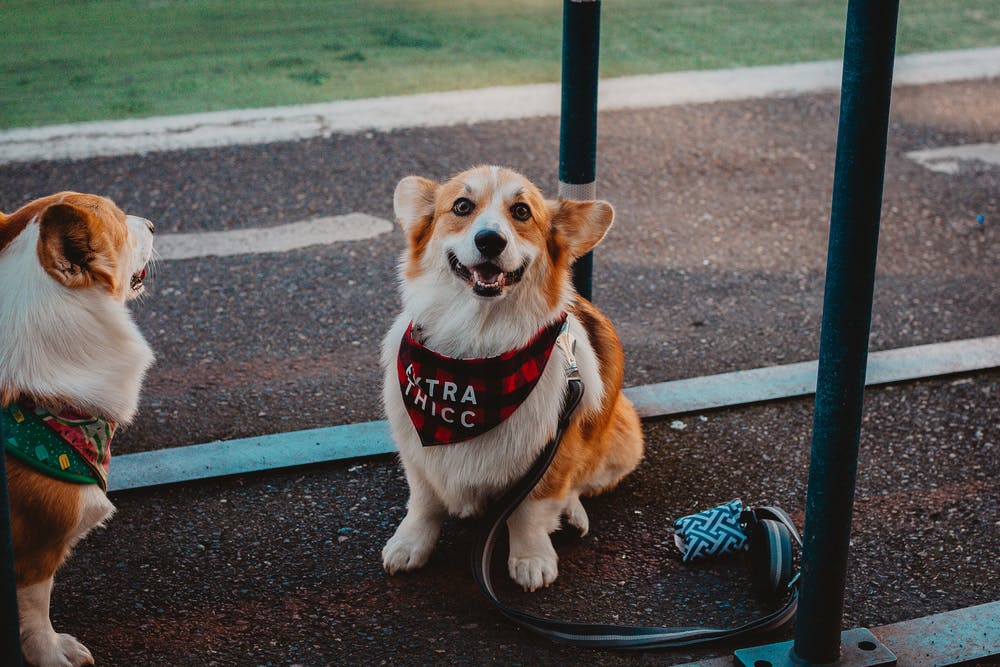Differentiating between the trivial and urgent in pet health crises is often tricky. Knowledge of what constitutes a veterinary emergency can be a lifesaver. Offering a beacon of hope amidst the storm of pet health crises, here’s an esoteric guide to demystifying emergency veterinary treatments.
Decoding Veterinary Emergencies
Pet conditions needing immediate medical attention slide under the umbrella of veterinary emergencies. Some pet emergencies are palpable, like accidents, while others, like subtle and gradual organ failure, may need keen observation. Understanding what these emergencies could be is, therefore, paramount.
Common Veterinary Emergencies and Their Treatments
- Handling Unconsciousness in Pets: A spell of unconsciousness in pets can be frightening. It signals a pressing need for professional care. Underlying causes may vary from dehydration to cardiac issues. Quick response and effective treatment can ensure your pet’s safety.
- Seizures in Pets: Seizures may stem from diverse causatives, from epilepsy to poisoning. Timely implementation of suitable treatment and management strategies can prevent conditions from deteriorating.
Urgent Pet Care
Urgent pet care becomes necessary when non-life-threatening situations may cause suffering or cause further complications if left unattended. It requires a clear understanding of your pet’s condition and a prompt, appropriate response. At an emergency pet hospital, pet parents can expect an immediate diagnosis and effective treatment. It can handle any pet health crisis, from resuscitation to surgery.
Animal Emergency Clinic Services
Emergency clinics are not your ordinary vet offices. They are equipped with cutting-edge machinery and specialized medical personnel at the ready, providing life-saving services during emergencies.
Role of a 24-hour Vet
A 24-hour vet is an extended availability service that helps pet owners deal with sudden and unexpected pet emergencies. They are life-savers during dire emergencies and odd hours.
Critical Measures in Veterinary Emergencies
Administering first aid is critical in emergencies. Moreover, effective treatment options, like antidotes for poisoning or immediate CPR, can be lifesaving.
Advanced Care Methods in Emergency Vet Care
Advanced care methods like veterinary imaging can play a crucial role in emergencies, revealing the extent of trauma or the location of blockages.
Routine care vet
Unlike emergency concerns, routine care vets, like vets in Lafayette, LA, provide services such as regular testing, vaccinations, and wellness check-ups, ensuring your pet’s overall long-term health.
Accident and Illness Coverage
Accidents and illnesses are often unexpected and can burden pet parents with high-cost treatments. Coverage for such instances can help lessen the financial impact and improve the pet’s access to care.
Role of Pet Insurance in Emergency Vet care
Pet insurance providers can offer substantial economic relief in pet emergencies. Choosing the right insurance for your pet involves considering several factors, such as policy coverage, deductible, and premium.
Maintaining a Healthy Pet Weight
Maintaining a healthy weight for your pets is crucial to their overall health and longevity. Here are some essential tips to help you monitor and maintain a balanced weight for your pets:
- Balanced Diet: Ensure your pet is fed a balanced diet rich in nutrients. Consult a vet for the right type and amount of food according to your pet’s breed, age, size, and health status.
- Portion Control: Avoid overfeeding your pet. Divide their daily food intake into smaller meals rather than a single heavy meal.
- Limit Treats: Treats can add up to a significant portion of a pet’s calorie count. Limit the number of treats and opt for healthier options.
- Regular Exercise: Involve your pet in daily physical activities. This could include a leisurely walk, fetch, or even interactive toys.
- Regular Check-ups: Regular vet visits can help catch any weight issues early. Your vet can also provide guidelines for an ideal weight.
- Measure Meals: Use an appropriate tool to measure your pet’s food – don’t just guess. Over time, this becomes a habit and ensures your pet is not over or under-fed.
- Check For Signs of Obesity: Regularly monitor for signs of excess weight such as panting, lethargy, difficulty in movement, and visible waistline.
- Diet Adjustment: Your pet’s diet should be adjusted with their age. As pets age, they need a diet lower in calories but rich in fiber and protein.
- Hydrate: Ensure your pet is well-hydrated. Hydration aids in digestion and helps maintain an ideal weight.
- Weight Management Products: Consider using veterinary-approved weight management foods if your pet is prone to gaining weight.
Preventive Care Vet
Emphasizing prevention over treatment, preventive care vets ensure your pet’s wellness via regular health screenings, timely interventions, diet advice, and kitten vaccinations. These services are geared to lessen the likeliness of severe health crises in your pet’s life.
Conclusion
Pets entertain, comfort, and teach us unconditional love every day. In return, we owe them the knowledge to discern between non-threatening and life-threatening situations, ensuring their well-being and longevity. Understanding emergency vet care types will help you make educated decisions in time-critical scenarios, potentially saving your beloved pet’s life.




